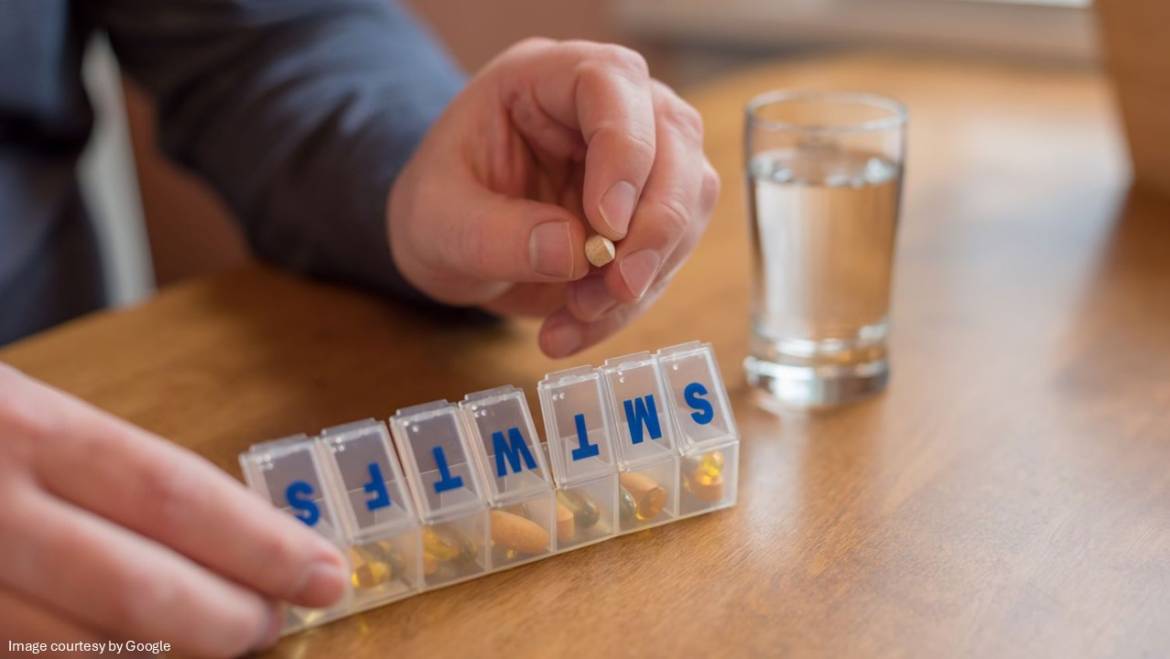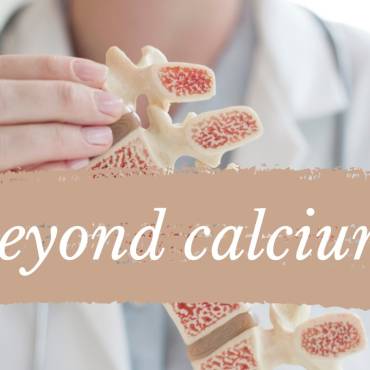Medicine plays a vital role in the lives of doctors, patients, and caregivers. It helps prevent, treat, and relieve the symptoms of diseases and health conditions that cause discomfort. In today’s fast-paced world, most people take regular medicines for different health issues. Timely administration of prescription medicine enables patients to focus on their day-to-day core responsibilities and lead a strong life. Sometimes one patient is prescribed multiple medications due to experiencing more than one health issue at a time. In such scenarios, many patients find themselves unable to cope with taking multiple medications and struggle to manage them. But as we all know, taking medicine is important for maintaining health if you experience any ailment. Without them or if they are not administered correctly, they can cause life-threatening challenges.
Multiple medical conditions require multiple medication administrations. If you are wondering how to manage multiple medications correctly, then this blog is for you. It aims to discuss and share tips for safely managing multiple medication schedules.
Tips to manage multiple medication schedules:
Staying organized with the medication schedule makes life easier. Some basic alertness and initial groundwork can eliminate the mismanagement of multiple medication schedules.
-
- Medication list – Create and maintain a list of prescription drugs, supplements, and over-the-counter products. To make this list effective, note the medicine name, the dosage to take, and the reason or health condition you are taking it for. Keep a copy of this list with you at home and in your wallet.
- Use a pill organizer – A pillbox (especially a weekly one) with separate compartments for each day helps you identify whether you have taken your medicine. This exercise also helps you prevent accidental overdose or missed doses.
- Setting up reminders – Using an alarm on a watch, phone, or alarm clock is another way to ensure you take your medicine at the right time. You can also consider taking medicine as a daily habit, just as you brush your teeth.
Some people often get confused and ask common questions such as “Can I take multiple medications at the same time?” Well, it largely depends on the type of medication you are on, as diseases vary from patient to patient. For some, it is okay to take multiple medications at the same time, while for others, it is strictly not the ideal condition. To overcome this doubt, it is always recommended to consult your doctor to determine the best course of action for taking multiple medications in your case, considering your health condition and other associated factors.

Staying in touch with the healthcare team
-
- Pharmacy – Using 1 or 2 pharmacies to fill all your prescription medicines usually fulfils all your medication needs. It also helps you remember all the medicines you need to take. ePharmacies not only help you access the details of your last orders but also provide information about the drug, its uses, precautions, side effects, and reasonable medicine alternatives to save money.
- Prescription – Always buy prescription medicine to achieve the desired results. The main active component of the drug plays a vital role in any discussion about drugs; check available brands and generic options to compare the pricing. Brand and generic drugs work the same way because they both contain the same active ingredient.
You can also ask your doctor to provide 2-3 alternative brand and generic names for the drug he is prescribing.
-
- Get in touch with the team – Don’t hesitate to ask your doctor or pharmacist if you are concerned about any medicine, its dosage, purpose, side effects or treatment duration.
- Checkups – In most cases, the body shows signs of improvement when you follow the dosing regimen. However, consulting a doctor from time to time is important to monitor health progress and make necessary medication adjustments
Take medications correctly
To eliminate the side effects of multiple medications, it is important to take medicine correctly. To do this, follow all your doctor’s instructions. Do not skip doses or stop taking medicine without consulting him. Be mindful of possible food or drug interactions. Ask your doctor what other medicines or foods to avoid while taking the medicine you have been prescribed.
Carefully storing medicine is another important step. Ensure the medicine is kept away from heat, moisture, and direct sunlight. Also, keep the medicine out of the reach of children and pets. Do not forget to check the medicine’s expiry date.
Summary
Maintaining a multiple medication schedule starts with keeping a detailed list of all medicines, including OTC (over-the-counter), and staying in touch with your doctor (s). Setting reminders and following all instructions helps you remember your dosing schedule. To avoid multiple medical conditions, it is best to stay active by following a healthy diet, regular exercise/yoga and limiting alcohol and smoking. Regular health checkups and doctor consultations also help prevent multiple health issues.



